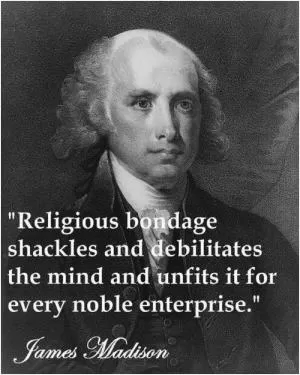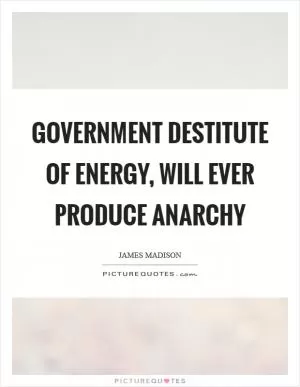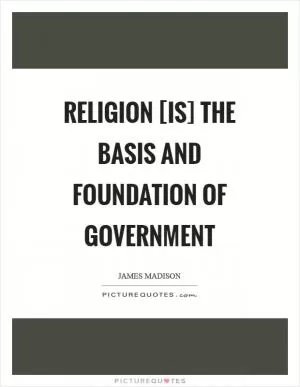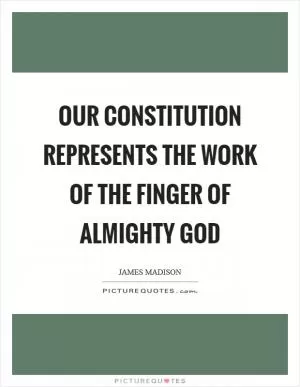The executive has no right, in any case, to decide the question, whether there is or is not cause for declaring war

The executive has no right, in any case, to decide the question, whether there is or is not cause for declaring war
James Madison, the fourth President of the United States, was a staunch advocate for the separation of powers and the importance of checks and balances within the government. One of the key principles that Madison believed in was that the executive branch should not have the sole authority to declare war. In his famous quote, “The executive has no right, in any case, to decide the question, whether there is or is not cause for declaring war,” Madison emphasized the need for Congress to have a say in the decision to go to war.Madison’s belief in the importance of congressional approval for declaring war was rooted in his understanding of the dangers of unchecked executive power. He believed that giving the president the authority to unilaterally decide to go to war could lead to abuses of power and unnecessary conflicts. By requiring Congress to approve any declaration of war, Madison believed that the decision would be more deliberative and reflective of the will of the people.
Madison’s views on the separation of powers and the role of Congress in declaring war were influenced by his experiences during the War of 1812. As President during this conflict, Madison saw firsthand the challenges and complexities of waging war and the importance of having the support of Congress and the American people. He understood that the decision to go to war should not be taken lightly and should be subject to careful consideration and debate.












 Friendship Quotes
Friendship Quotes Love Quotes
Love Quotes Life Quotes
Life Quotes Funny Quotes
Funny Quotes Motivational Quotes
Motivational Quotes Inspirational Quotes
Inspirational Quotes